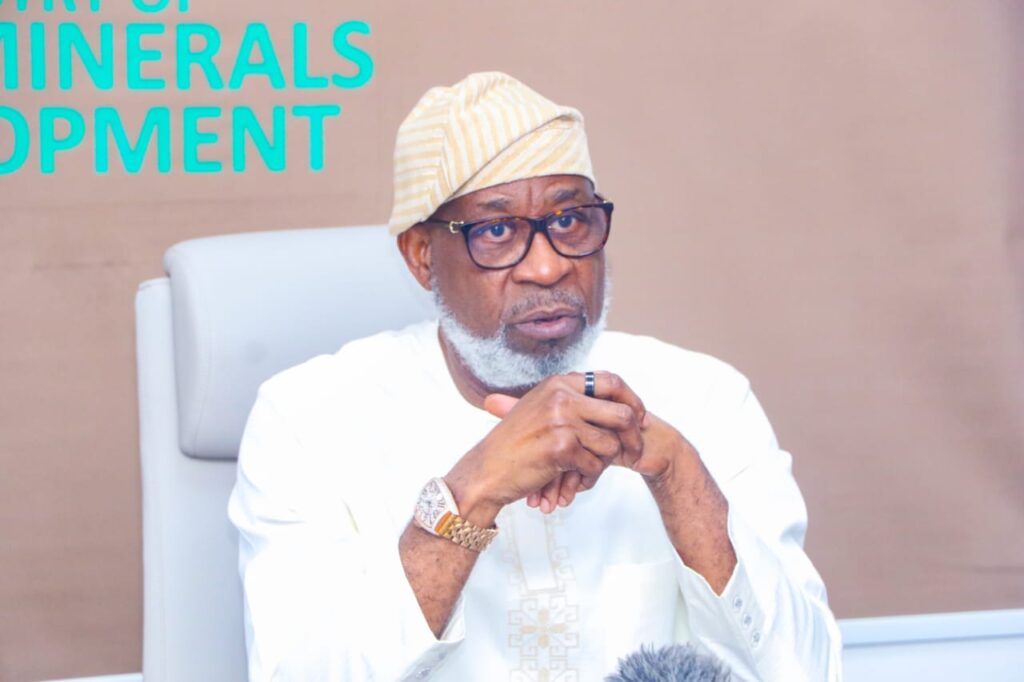
Chidimma Uchegbu -Abuja
Nigeria’s Minister of Solid Minerals Development and Chairman of the African Minerals Strategy Group (AMSG), Dr. Dele Alake has emphasised the need for Africa to reduce its dependence on exporting unprocessed minerals.
Dr Alake urged the continent to transform into a global hub for mineral processing, innovation, and sustainable industrialisation, noting that such a shift is crucial for strengthening economic resilience and promoting technological advancement across the region.
The Minister’s Special Assistant on Media, Segun Tomori, disclosed this in a statement, explaining that Dr. Alake, who was represented by the Permanent Secretary, Farouk Yabo, made the remarks during his keynote address at the African Mining Week in Cape Town, themed “Vision & Strategy – Setting the Stage for Minerals Industrialisation.”
Speaking further, the Minister stated; “Africa’s minerals have powered industrialisation elsewhere while our own economies remain under-industrialised. This paradox must end. Our vision must be clear: to move from extractive dependence to transformative industrialisation.”
Dr Alake emphasised Africa’s crucial role in the 21st-century global economy, underscoring the continent’s rich mineral deposits as essential for clean energy, digital technologies, advanced manufacturing, and global security.
“Our youth should no longer seek jobs abroad while opportunities lie buried beneath their feet. The time to industrialise is now,” he said, calling on African nations to assert themselves as leaders in the global minerals value chain.
Dr Alake highlighted Nigeria’s aggressive reforms in the mining sector, which include incentivising local processing, from gold refining to lithium beneficiation, revoking dormant mining licences to attract serious investors, strengthening governance and transparency, developing a national strategy for critical minerals, and mending the 2007 Minerals and Mining Act to bolster legal and investment frameworks
The Minister further said that Nigeria aims to become a $1 trillion economy by 2030, with mining as a key driver.
“We are investing in digitising mining from data accessibility to mineral traceability and establishing strong institutions and policies to sustain these reforms,” he stated.
Dr Alake also reaffirmed Nigeria’s commitment to ensuring full traceability of its minerals, noting that only licensed operators or registered artisanal and small-scale miners (ASM) will be permitted to supply into the formal market.
At the African Minerals Strategy Group (AMSG) ministerial roundtable, the Minister reiterated the need for African nations to map their mineral resources comprehensively and build the institutional capacity to supervise and regulate their exploitation effectively.
“After national mapping, it is the duty of countries to ensure only licensed operators are mining,” he said, aligning Nigeria’s position with that of the Democratic Republic of Congo (DRC).
The statement added that during the Country Spotlight Session, Nigeria showcased its solid minerals sector, highlighting its vast resource endowments, pro-investment reforms, and incentives designed to attract global partners.
The African Mining Week drew participation from ministers and senior representatives from DRC, Zimbabwe, Sierra Leone, Gambia, and Ghana, alongside major private sector players in the mining industry.

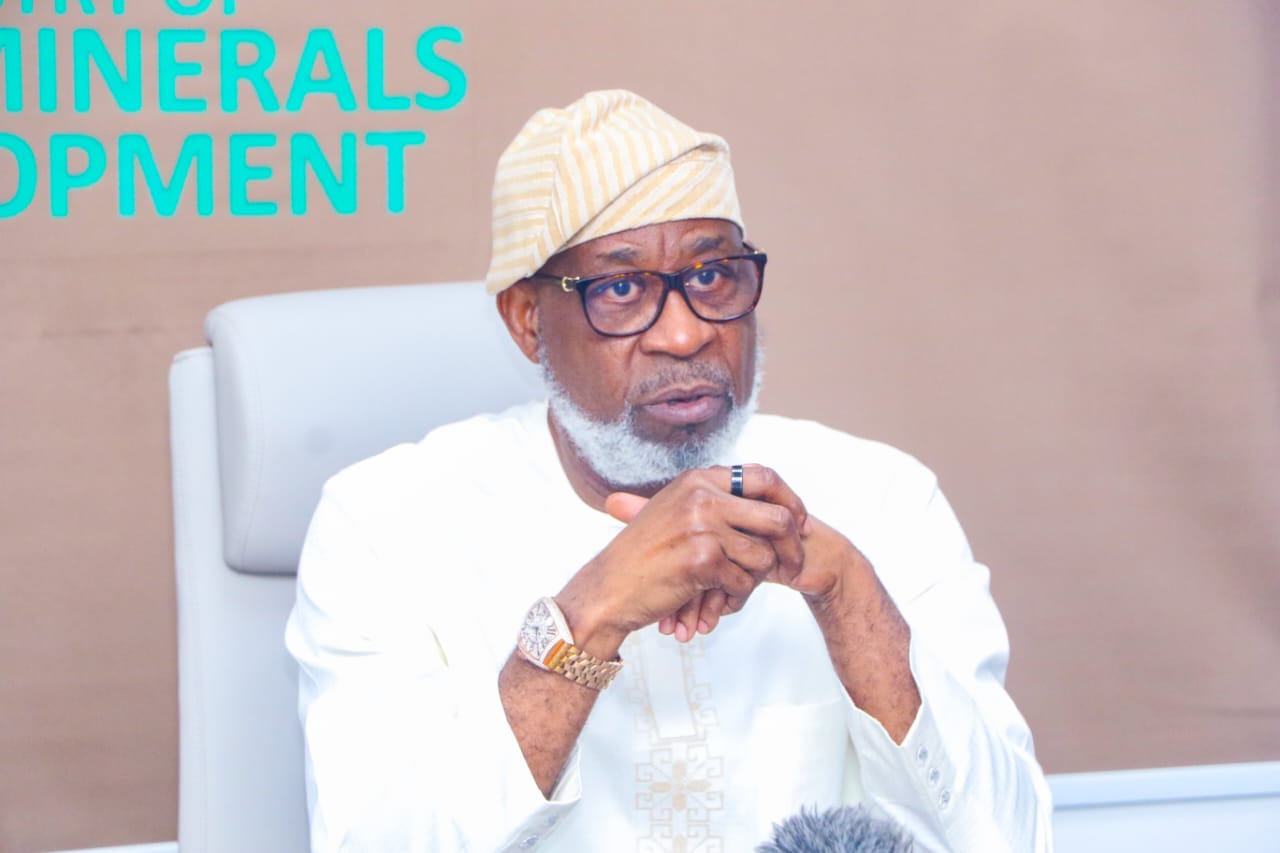
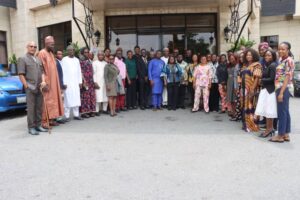

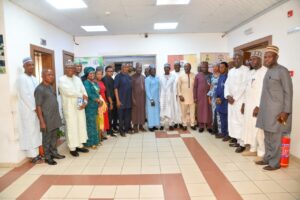
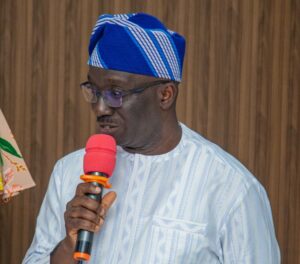
Join the Conversation